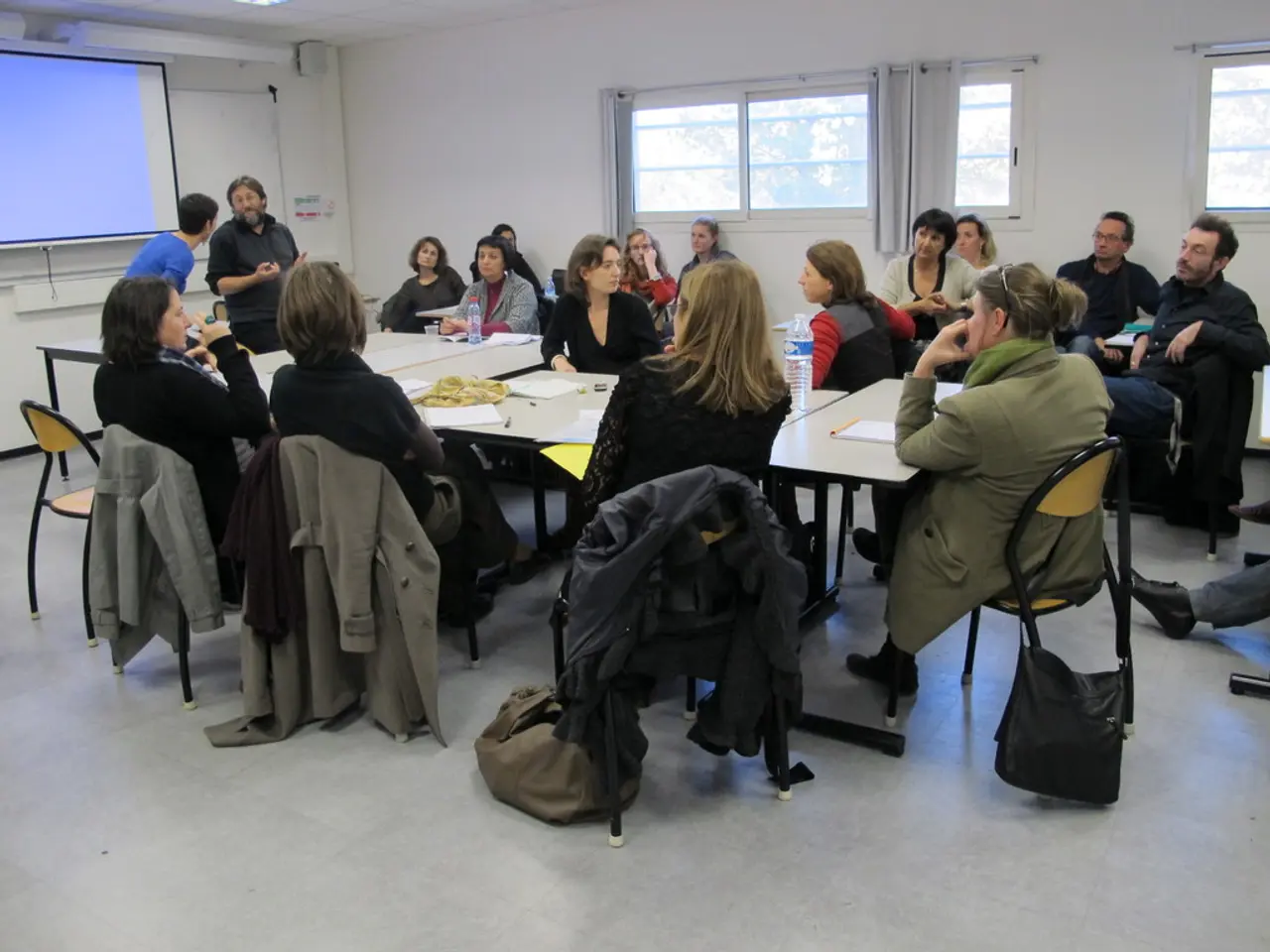Potentially momentous gathering ahead?
Trump-Putin Summit in Alaska Fails to Yield Formal Agreement but Raises Concerns
On August 15, 2025, the much-anticipated summit between US President Donald Trump and Russian leader Vladimir Putin took place in Alaska, focusing primarily on the ongoing Ukraine conflict. However, the meeting ended without any formal agreement[1].
Key developments and outcomes include:
- The summit took place at a U.S. military base, underscoring the unusual context of the meeting[1].
- Despite no agreement, Trump publicly pushed Europe and Ukraine towards territorial concessions to Russia, while also indicating possible delays or easing in sanctions against Russia[3].
- Putin used the summit to reinforce his narrative blaming Ukraine’s Westward integration and the erosion of Russian influence as root causes of the war[3].
- The meeting highlighted European marginalization, as neither Ukraine nor its European allies participated directly, causing concern among European leaders[3].
- The summit became a highly publicized spectacle with viral moments including Putin riding in Trump's armored limousine, symbolic displays of U.S. air power overhead, and informal interactions that captured global attention [4].
- Following the summit, Trump visibly capitalized on the event’s optics, displaying a photo sent by Putin showing the two presidents together in Alaska[5].
Potential outcomes include:
- Increased U.S. pressure, particularly from Trump’s administration, on Ukraine to negotiate territorial compromises with Russia to end the war.
- Possible shifts in U.S. sanctions policy, with Trump suggesting delays or moderation, which may influence the broader geopolitical dynamics in Europe and Ukraine’s security[3].
- Continued marginalization of European countries and Ukraine themselves in key decisions affecting their future.
- An uncertain impact on the war’s trajectory, as no concrete policy changes or peace framework emerged immediately from the summit, leaving the conflict unresolved but signaling possible new negotiation approaches driven by the U.S.–Russia bilateral stance.
Among the demands from Europe, led by German Chancellor Friedrich Merz, is that Ukraine must be present at any follow-up meeting[6]. The meeting could potentially provide significant impetus towards a possible end to the war. However, Trump has threatened Putin with "very serious consequences" if Putin refuses to end the fighting after the meeting[7]. Putin has praised the US government for making efforts to end the fighting in Ukraine and reach agreements[8].
The summit, while symbolizing a potentially important diplomatic engagement after years of conflict, raised concerns about the sidelining of Ukraine and its European allies, the possible weakening of Western sanctions, and the prospect of territorial concessions seen as unacceptable by many Ukrainians and their supporters[1][3].
References:
- The Guardian
- Reuters
- BBC News
- CNN
- The New York Times
- Deutsche Welle
- The Washington Post
- RIA Novosti
- The Trump-Putin summit, focusing on the ongoing Ukraine conflict, raised concerns within politics and policy-and-legislation circles about potential concessions in war-and-conflicts, particularly from the European Union and Ukraine.
- As war-and-conflicts continue in Ukraine, general-news sources have reported demands from Europe, led by German Chancellor Friedrich Merz, for Ukraine's participation in future US-Russia negotiations, with concerns about the sidelining of Ukraine and its allies remaining high.






